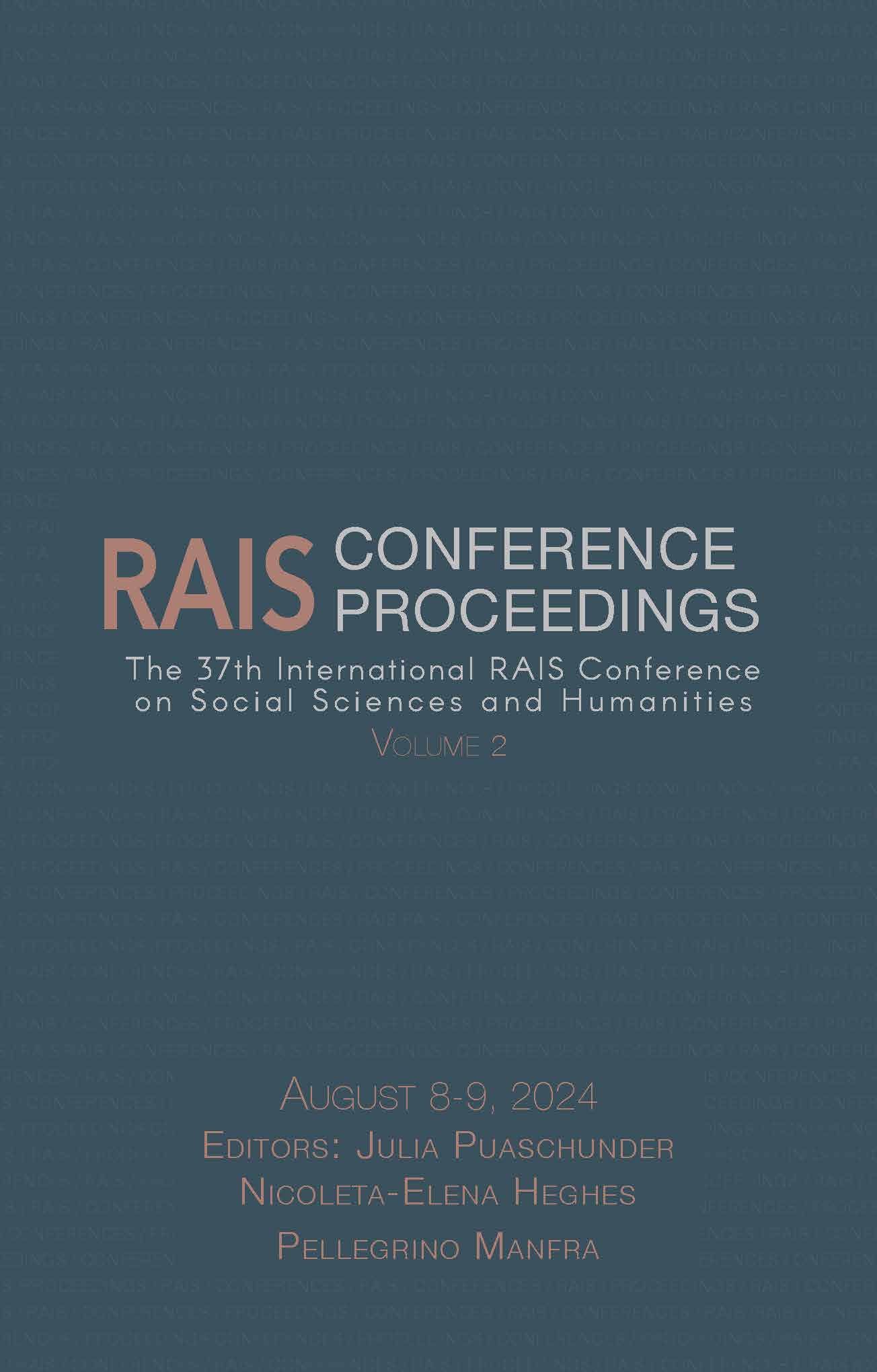History and Memory of Portuguese Social Work. Social Work Training in Coimbra During the Dictatorship (1937-1974)
History and Memory of Portuguese Social Work. Social Work Training in Coimbra During the Dictatorship (1937-1974)
Author(s): Dulce Serra Simões, Maria Rosa Tomé
Subject(s): Public Law, Labor relations, Labour and Social Security Law
Published by: Scientia Moralitas Research Institute
Keywords: Portuguese SW; SW Training School; Resistance Strategies; Coimbra;
Summary/Abstract: The paper explores the history and development of Portuguese Social Work at the Miguel Torga Institute of Higher Education (ISMT) in Coimbra, Portugal, during the Estado Novo dictatorship. Documentary research in the archives of ISMT–Coimbra, Portugal, made it possible to carry out a socio-historical analysis of social work (SW) training in times of dictatorship (1937-1974). The course was created by French nuns, under the influence of municipal socialism and Catholic trade unionism, to support pregnant women and children in need. The dictatorial regime regulated training from 1939 until 1956, allowing a curriculum with medicine, law, religious culture, and corporate philosophical morality. The duration of the training increased from three to four years in 1940, and by 1962, it had transitioned from a technical program to higher education. The study highlights significant changes, including the introduction of sociology, the compulsory apprenticeship, and the inclusion of male students, as a result of profound changes in the world and, consequently, at the national level. Despite the regime's tight police control, international relations of various influences developed, generating resistance with the support of allies opposed to the regime.
Book: Proceedings of the 37th International RAIS Conference on Social Sciences and Humanities, vol. 2
- Page Range: 155-163
- Page Count: 9
- Publication Year: 2024
- Language: English
- Content File-PDF

